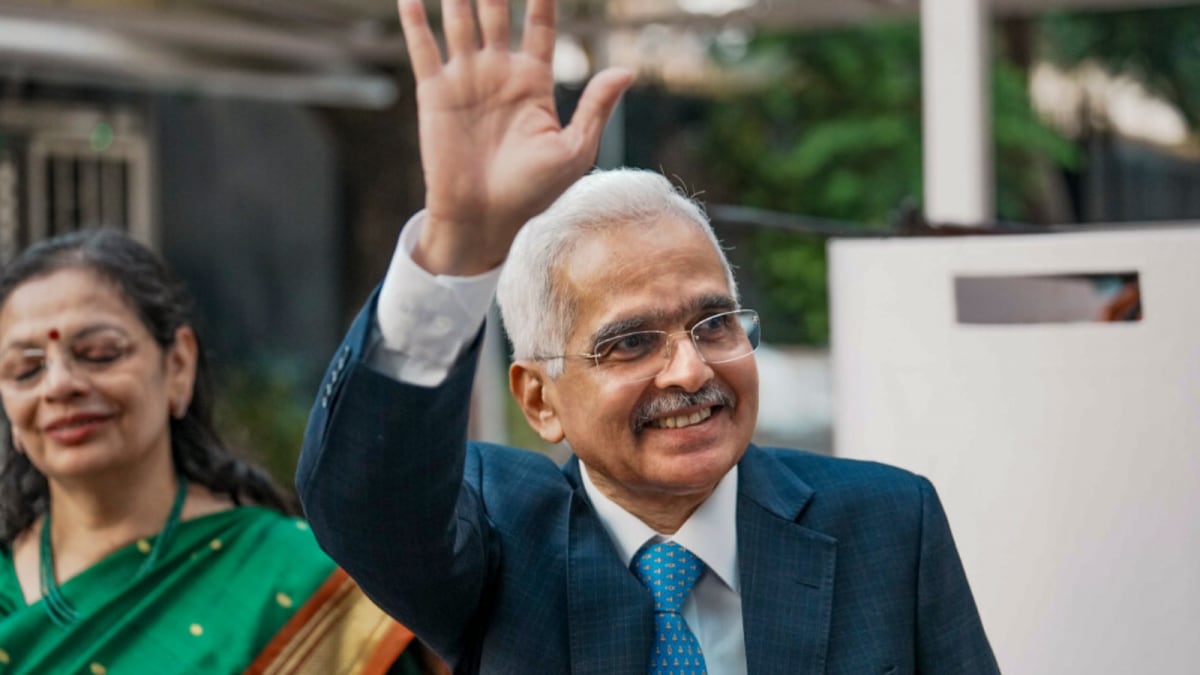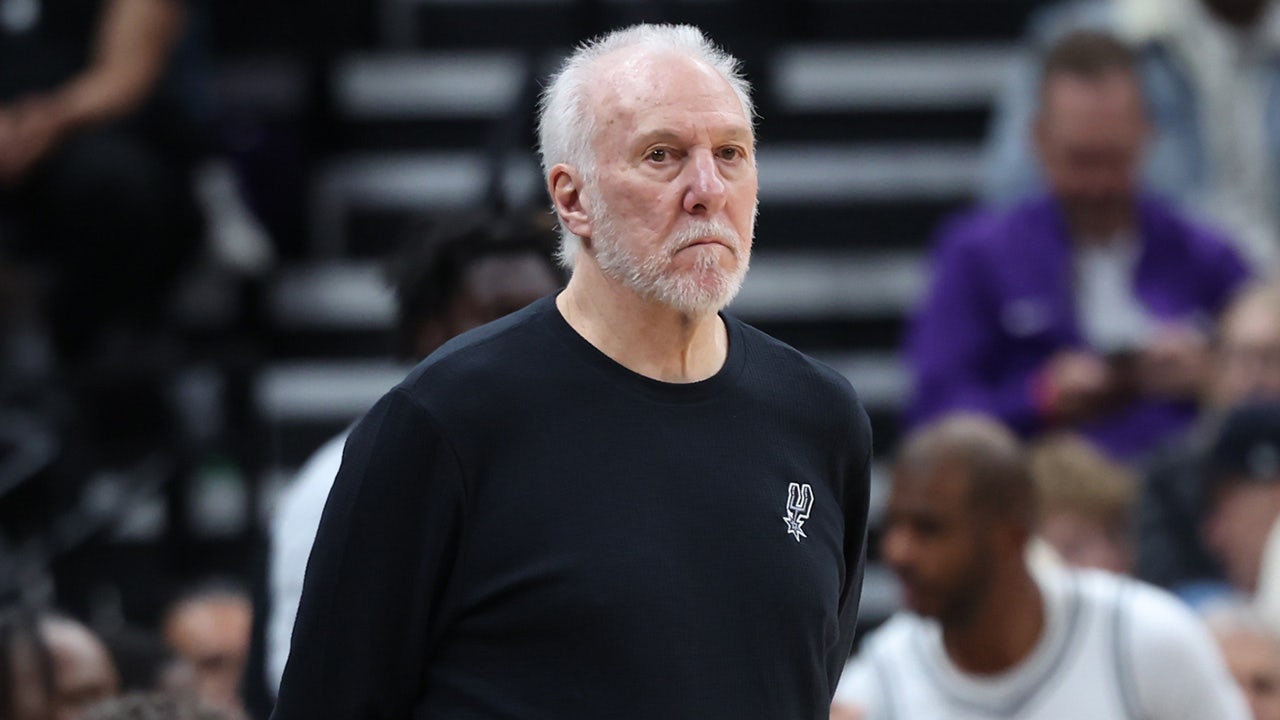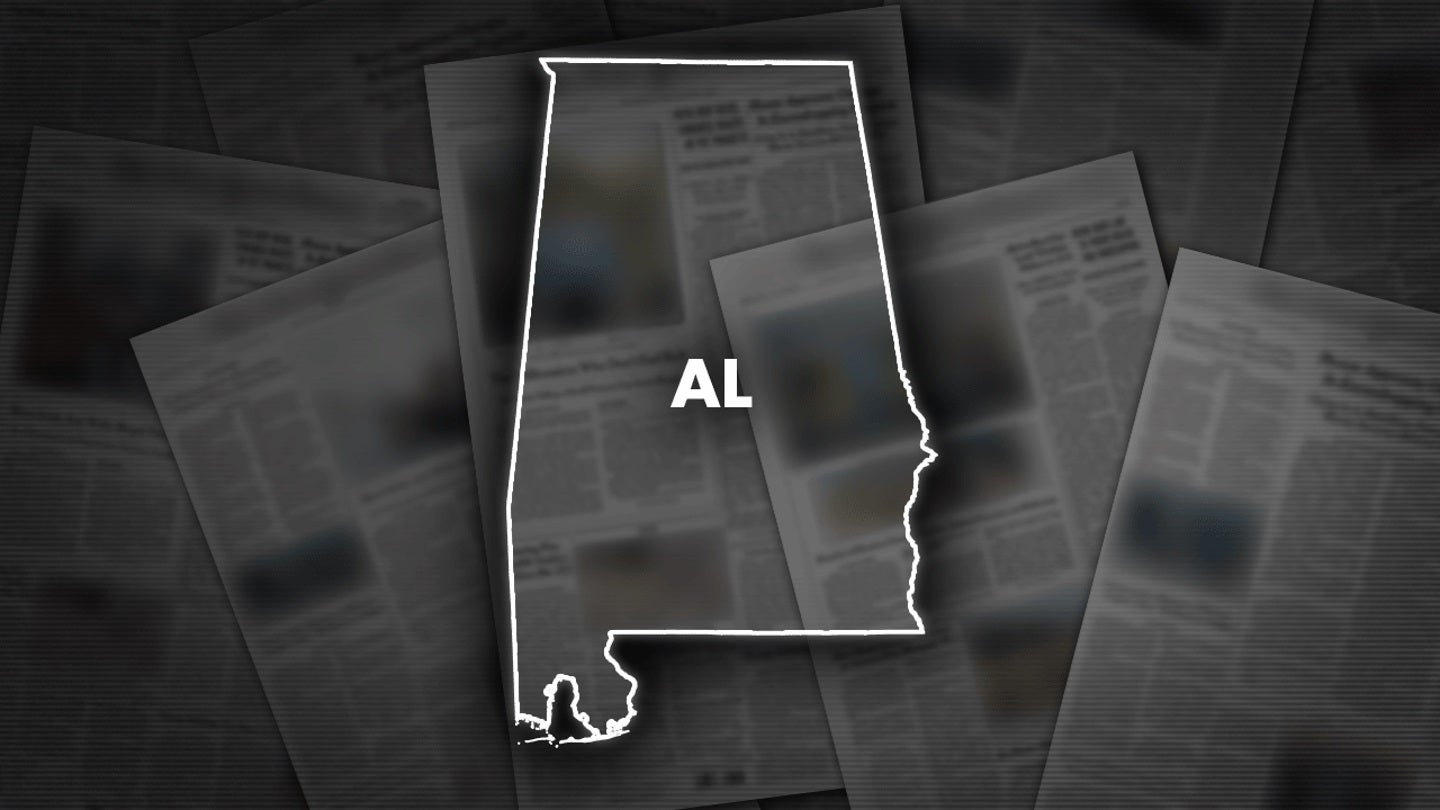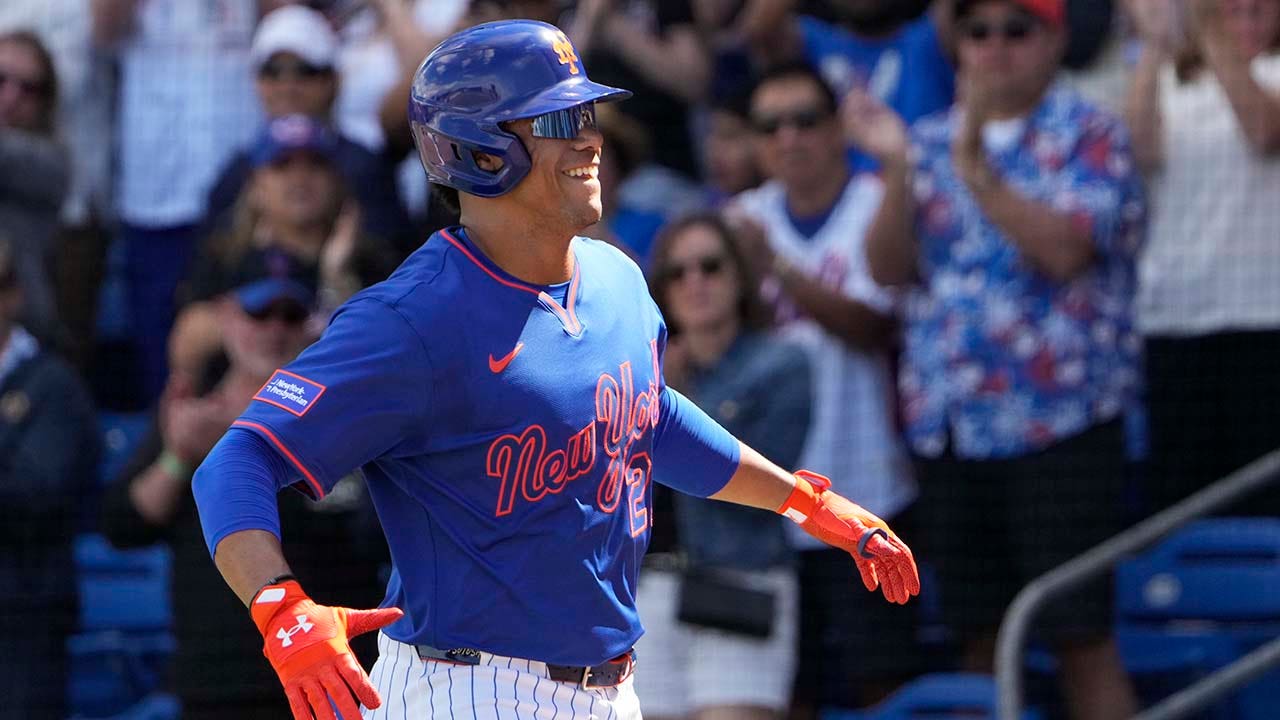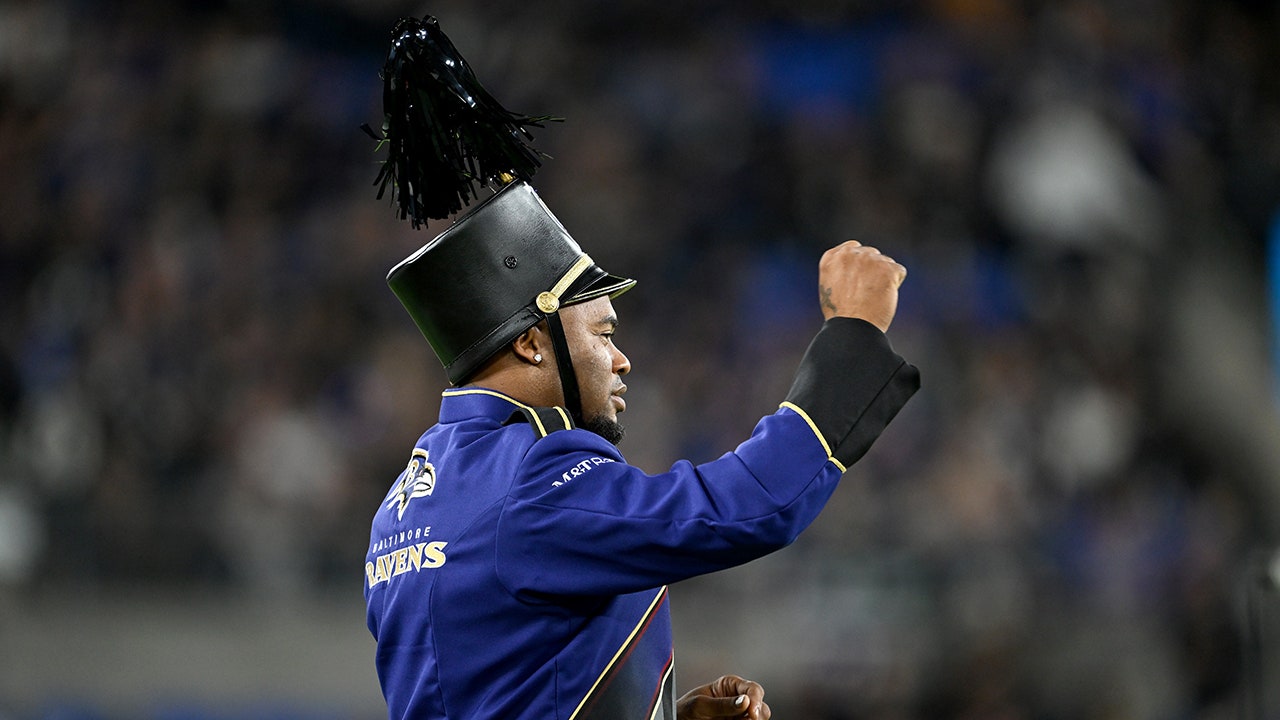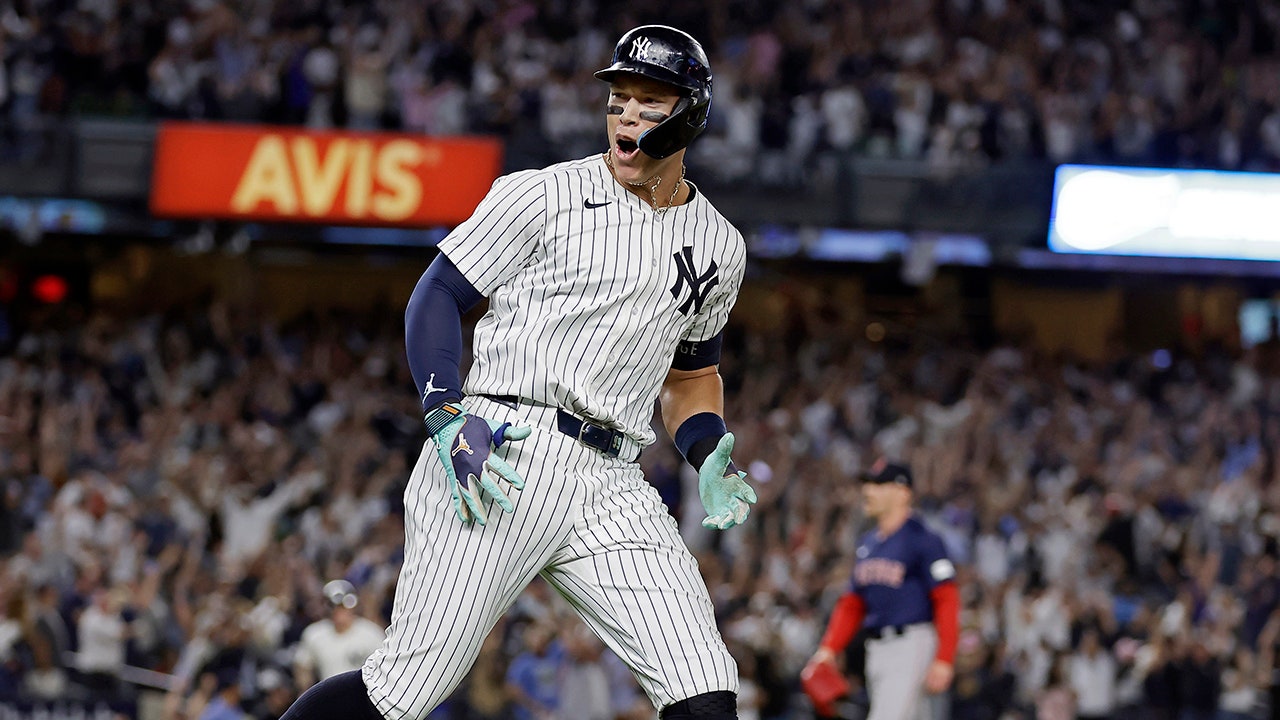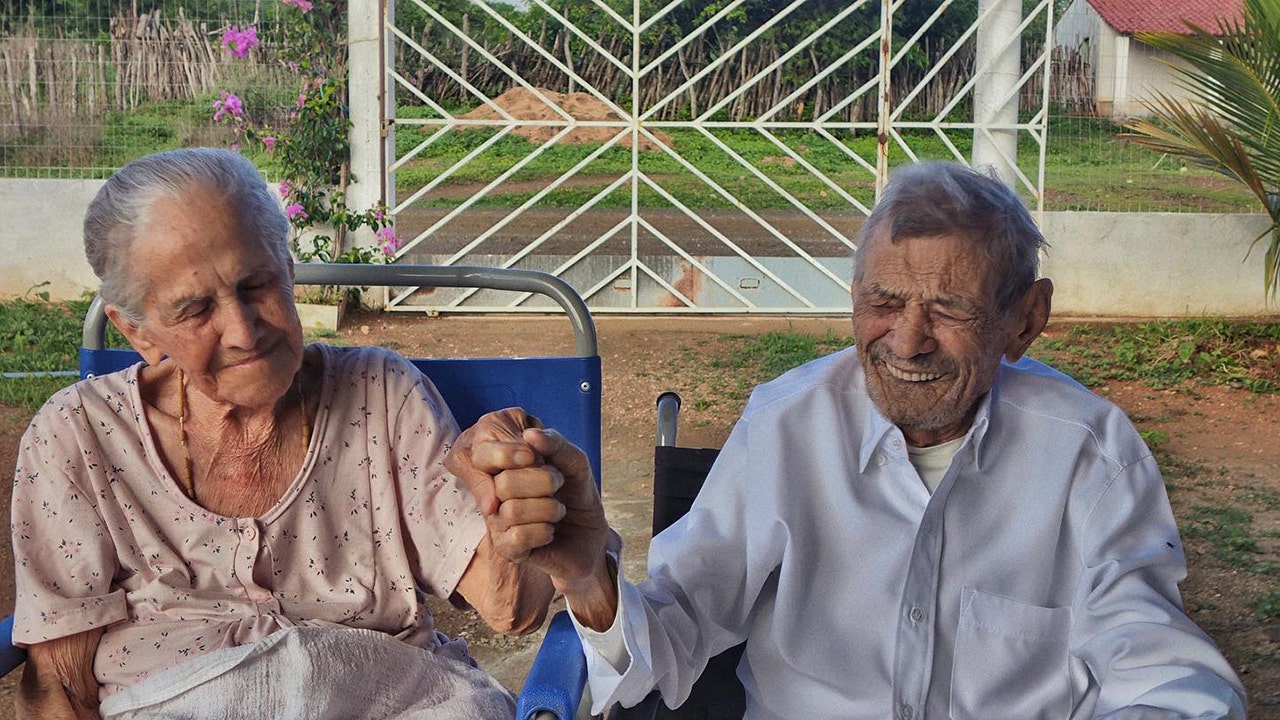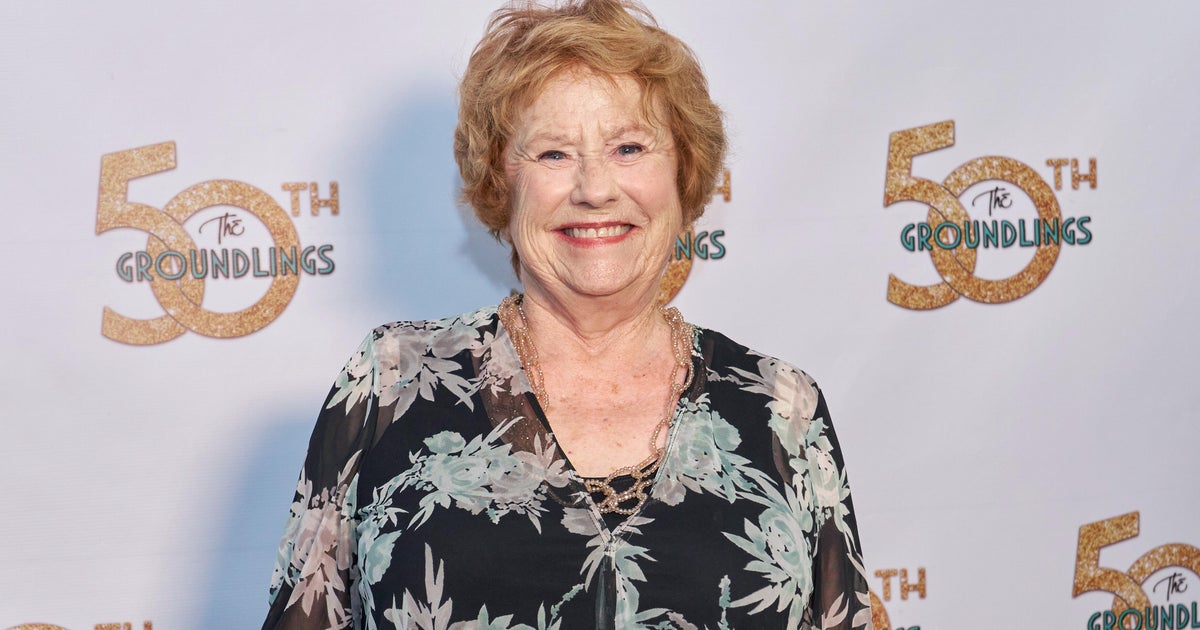Chisel’s second album, “Set You Free,” was released in 1997, months before the band broke up, and as the 25th anniversary of the album approached, Leo, drummer John Dugan and bass player Chris Norborg discussed reissuing it themselves. That soon became moot when they were approached by the Numero Group, the preeminent archival label in the business, which remastered and reissued the album earlier this year. Numero also reissued music by bands that were on the same circuit in the ’90s, like Karate and Unwound, bringing the acts together for a celebration of the label’s 20th anniversary.
“It’s nice to be on a label, even in the reissue context, with so many people that we were actually really good friends with and spent a lot of time sharing stages with back then,” Leo says.
Along with the Numero Twenty gig, Chisel signed up for a couple of other shows in advance of a short East Coast tour. Because Dugan and Norborg live in Chicago and Leo recently relocated to New Jersey after years in Rhode Island, much of the practicing was separate until a week before the February shows.
Leo was encouraged by how much fun he had dipping back into the Chisel songbook on his own. Plus, he enjoyed rediscovering and replaying songs that were musically ambitious when he first wrote them but can now be approached with years of nonstop playing and performing under his belt.
“[The songs] were waiting for me to catch up with them,” Leo says. “I unlocked ways of playing and understanding of what I didn’t understand [back then], and that was great.”
The first few shows represented an opportunity for the trio to work out some kinks before this month’s East Coast tour. While admitting that he is being overly critical about how “by the seat of the pants” the shows were, Leo was hoping that his years of performance would sharpen his playing and singing. But “classic, stupid punk variables” — bad weather, gear breaking right before the set — came together in a way that brought Leo back to the mind-set and style he had when he last played these tunes.
“I found myself onstage in that moment lapsing back into relying on energy and bombast to get through things that I was hoping I could bring a little more nuance to, at this point in time,” he admits. “But that was probably weirdly necessary.”
Since then, the bandmates have figured out how to rein in that energy and be a little more relaxed than they were back in the day. But fans shouldn’t expect a laid-back Chisel “sitting back noodling the blues” — just a more focused one.
“There was a franticness to the playing that I think never served the songs as well in the live context as I always used to hope we could present them,” Leo says. “We’re trying to serve the song a little better.”
During Chisel’s initial run, that frantic, frenzied approach was a natural fit for a band that had its roots in hardcore: Leo and Dugan had spent the late ’80s in Citizens Arrest and Indian Summer, respectively. But by the time Chisel began on the campus of Notre Dame, its members were already chafing at the strictures of hardcore.
“When we started playing together, we were only in our early 20s, but we were already like, ‘Man, we got to get back to what originally got us into punk in the first place,’” Leo recalls.
For Leo and Dugan, that meant drawing inspiration from bands like the Clash and Buzzcocks. Norborg eventually took over bass duties and was more into Elvis Costello and Nick Lowe, bringing an alternative approach that helped congeal the band’s songwriting. Eventually, the band moved to D.C. and found a welcoming environment full of friends and like-minded bands.
“It was a really great time for that to happen, because a lot of people our age, in their 20s, the second generation of American hardcore kids, were in a similar place that we were,” Leo says.
Alongside Chisel, which had begun to fully embrace mod influences like the Jam and Small Faces, D.C.’s scene included peers like the Make-up, the Dismemberment Plan, Velocity Girl and the bands that made up the Teen Beat Records roster. Like Chisel, these were acts whose members came of age in hardcore but started to branch out in sound and style.
“In the ’90s, everybody got along and the shows made sense in their diversity because of a shared ideology and shared aesthetics of appreciation,” Leo explains. “But as far as aesthetics of expression goes, it was all over the place. That was, for me, really exciting, and it validated my desire to continue to branch out and not stay in some kind of rut.”
That desire has animated Leo’s music in the years since Chisel’s dissolution. Whether as a solo artist, as part of a duo with Aimee Mann called the Both, or — most centrally — as part of Ted Leo and the Pharmacists, Leo has continued to branch out, becoming one of his generation’s finest songwriters. At the same time, the hardcore scene that helped birth Chisel persists, with the cycle of bands looking to explore beyond the borders of the scene repeating once again. It’s a topic about which he is happy to share his wisdom.
“[Hardcore] is a rare art form that rarely loses the excitement and feelings that it can convey,” Leo says. “When hardcore is pretty pure, it’s pretty perfect, actually.”
May 13 at 8 p.m. (doors open) at the Black Cat, 1811 14th St. NW. blackcatdc.com. $25.







